The core of laravel is the service container, which is the IOC container. The container provides a series of services needed in the entire framework, including dependency injection and control inversion. Inversion of control is a design principle in object-oriented programming that can be used to reduce the coupling between computer codes. .

#The operating environment of this article: Windows 10 system, Laravel version 6, Dell G3 computer.
What is the core of laravel
The service container, also called the IOC container, actually contains two parts: dependency injection (DI) and inversion of control (IOC), and is the real core of laravel. Various other functional modules such as Route (routing), Eloquent ORM (database ORM component), Request and Response (request and response), etc., are actually provided by class modules that have nothing to do with the core. These classes are registered from From instantiation to final use by you, laravel's service container is actually responsible for it. The concept of service container is difficult to explain clearly. It can only be explained step by step from the history of the service container.
This container provides a series of services needed in the entire framework.
The Story of the Birth of IoC Containers - The Stone Age (Original Mode)
We regard a "Superman" as a class,
class Superman {}
We can imagine that a superman must have at least one superpower when he is born. This superpower can also be abstracted into an object. Let's define a class for this object to describe him. A superpower must have multiple attributes and (operation) methods. You can imagine this freely, but for now we will roughly define a "superpower" that only has attributes. As for what it can do, we will enrich it later:
class Power {
/**
* 能力值
*/
protected $ability;
/**
* 能力范围或距离
*/
protected $range;
public function __construct($ability, $range)
{
$this->ability = $ability;
$this->range = $range;
}
}At this time we go back and modify the previous "Superman" class so that a "Superman" is given a super power when it is created:
class Superman
{
protected $power;
public function __construct()
{
$this->power = new Power(999, 100);
}
}In this case, when we create a "Superman" instance , and also created an instance of "super power". However, we have seen that there is an inevitable dependence between "superman" and "super power".
The so-called "dependence" means "if I rely on you, there will be no me without you."
In a project that implements object-oriented programming, such dependencies can be seen everywhere. A small amount of dependence does not have a very intuitive impact. As we gradually unfold this example, we will gradually realize what a nightmare experience it is when dependence reaches a certain level. Of course, I will also naturally explain how to solve the problem.
In the previous example, the superpower class is a specific superpower after instantiation, but we know that Superman’s superpowers are diversified, and each superpower has its own methods and attributes. The differences cannot be completely described by one type. Let's make modifications now. Let's assume that Superman can have the following superpowers:
Flight, attributes are: flight speed, duration of flight
Brute force, attributes are: strength value
Energy bombs, attributes include: damage value, shooting distance, number of simultaneous shots
We created the following categories:
class Flight
{
protected $speed;
protected $holdtime;
public function __construct($speed, $holdtime) {}
}
class Force
{
protected $force;
public function __construct($force) {}
}
class Shot
{
protected $atk;
protected $range;
protected $limit;
public function __construct($atk, $range, $limit) {}
}Okay, now our Superman is a bit "busy" . When Superman is initialized, will we instantiate the superpowers he possesses as needed? It is roughly as follows:
class Superman
{
protected $power;
public function __construct()
{
$this->power = new Fight(9, 100);
// $this->power = new Force(45);
// $this->power = new Shot(99, 50, 2);
/*
$this->power = array(
new Force(45),
new Shot(99, 50, 2)
);
*/
}
}We need to manually instantiate a series of needs in the constructor (or other methods) class, this is not good. It is conceivable that if the needs change (different monsters run rampant on the earth), more targeted new superpowers are needed, or the method of superpowers needs to be changed, we must reinvent Superman. In other words, while changing my superpowers, I also have to create a new superman. The efficiency is too low! The world had already been destroyed before the new Superman was created.
At this time, the person who had an idea thought: Why can't it be like this? Superman's abilities can be changed at any time, just by adding or updating a chip or other device (Iron Man comes to mind). In this case, there is no need to start over again.
The Story of the Birth of IoC Containers - The Bronze Age (Factory Mode)
We should not manually solidify his "superpower" initialization behavior in the "Superman" class, but instead The outside is responsible for creating superpower modules, devices or chips from the outside (we will refer to them as "modules" from now on), and implanting them into a certain interface in Superman's body. This interface is a given, as long as this "module" satisfies The devices in this interface can be used by Superman to enhance and increase a certain ability of Superman. This behavior of making the outside world responsible for its dependency requirements can be called "Inversion of Control (IoC)".
Factory mode, as the name suggests, is a development mode in which all instances of external things that a class depends on can be created by one or more "factories", which is the "factory mode".
In order to make superpower modules for Superman, we created a factory that can make a variety of modules and only need to use one method:
class SuperModuleFactory
{
public function makeModule($moduleName, $options)
{
switch ($moduleName) {
case 'Fight': return new Fight($options[0], $options[1]);
case 'Force': return new Force($options[0]);
case 'Shot': return new Shot($options[0], $options[1], $options[2]);
}
}
}这时候,超人 创建之初就可以使用这个工厂!
class Superman
{
protected $power;
public function __construct()
{
// 初始化工厂
$factory = new SuperModuleFactory;
// 通过工厂提供的方法制造需要的模块
$this->power = $factory->makeModule('Fight', [9, 100]);
// $this->power = $factory->makeModule('Force', [45]);
// $this->power = $factory->makeModule('Shot', [99, 50, 2]);
/*
$this->power = array(
$factory->makeModule('Force', [45]),
$factory->makeModule('Shot', [99, 50, 2])
);
*/
}
}可以看得出,我们不再需要在超人初始化之初,去初始化许多第三方类,只需初始化一个工厂类,即可满足需求。但这样似乎和以前区别不大,只是没有那么多 new 关键字。其实我们稍微改造一下这个类,你就明白,工厂类的真正意义和价值了。
class Superman
{
protected $power;
public function __construct(array $modules)
{
// 初始化工厂
$factory = new SuperModuleFactory;
// 通过工厂提供的方法制造需要的模块
foreach ($modules as $moduleName => $moduleOptions) {
$this->power[] = $factory->makeModule($moduleName, $moduleOptions);
}
}
}
// 创建超人
$superman = new Superman([
'Fight' => [9, 100],
'Shot' => [99, 50, 2]
]);现在修改的结果令人满意。现在,“超人” 的创建不再依赖任何一个 “超能力” 的类,我们如若修改了或者增加了新的超能力,只需要针对修改 SuperModuleFactory 即可。
【相关推荐:laravel视频教程】
The above is the detailed content of What is the core of laravel. For more information, please follow other related articles on the PHP Chinese website!
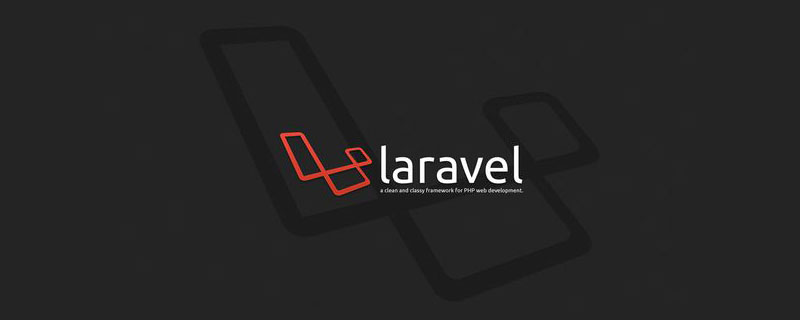 laravel单点登录方法详解Jun 15, 2022 am 11:45 AM
laravel单点登录方法详解Jun 15, 2022 am 11:45 AM本篇文章给大家带来了关于laravel的相关知识,其中主要介绍了关于单点登录的相关问题,单点登录是指在多个应用系统中,用户只需要登录一次就可以访问所有相互信任的应用系统,下面一起来看一下,希望对大家有帮助。
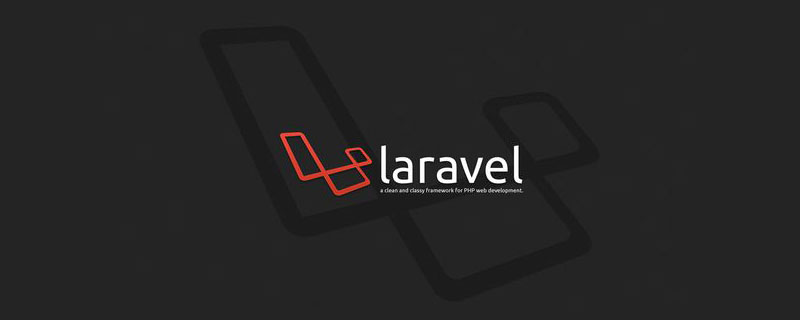 一起来聊聊Laravel的生命周期Apr 25, 2022 pm 12:04 PM
一起来聊聊Laravel的生命周期Apr 25, 2022 pm 12:04 PM本篇文章给大家带来了关于laravel的相关知识,其中主要介绍了关于Laravel的生命周期相关问题,Laravel 的生命周期从public\index.php开始,从public\index.php结束,希望对大家有帮助。
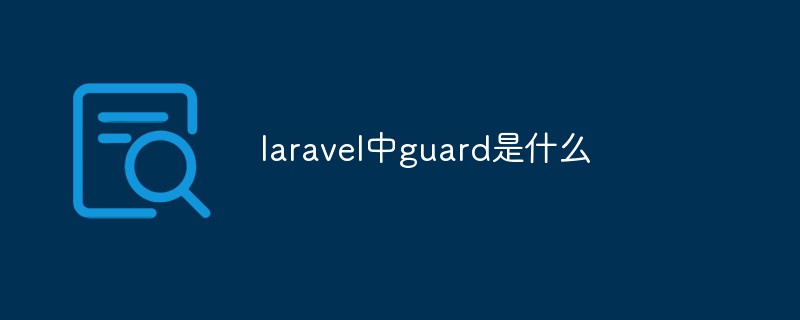 laravel中guard是什么Jun 02, 2022 pm 05:54 PM
laravel中guard是什么Jun 02, 2022 pm 05:54 PM在laravel中,guard是一个用于用户认证的插件;guard的作用就是处理认证判断每一个请求,从数据库中读取数据和用户输入的对比,调用是否登录过或者允许通过的,并且Guard能非常灵活的构建一套自己的认证体系。
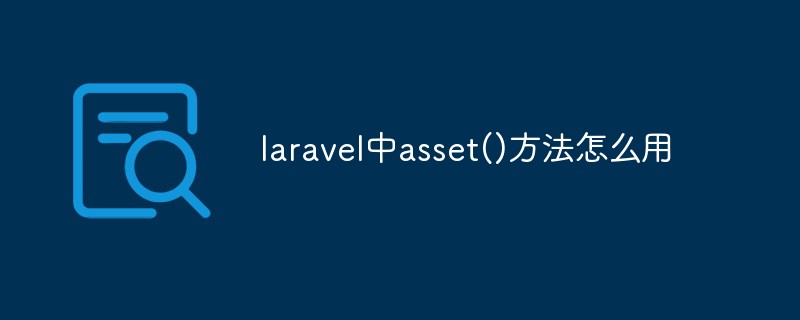 laravel中asset()方法怎么用Jun 02, 2022 pm 04:55 PM
laravel中asset()方法怎么用Jun 02, 2022 pm 04:55 PMlaravel中asset()方法的用法:1、用于引入静态文件,语法为“src="{{asset(‘需要引入的文件路径’)}}"”;2、用于给当前请求的scheme前端资源生成一个url,语法为“$url = asset('前端资源')”。
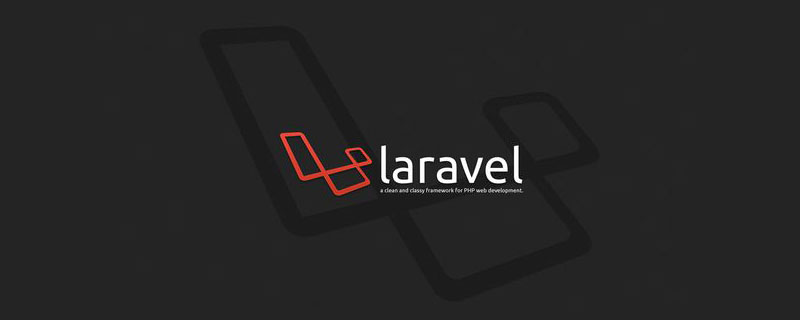 实例详解laravel使用中间件记录用户请求日志Apr 26, 2022 am 11:53 AM
实例详解laravel使用中间件记录用户请求日志Apr 26, 2022 am 11:53 AM本篇文章给大家带来了关于laravel的相关知识,其中主要介绍了关于使用中间件记录用户请求日志的相关问题,包括了创建中间件、注册中间件、记录用户访问等等内容,下面一起来看一下,希望对大家有帮助。
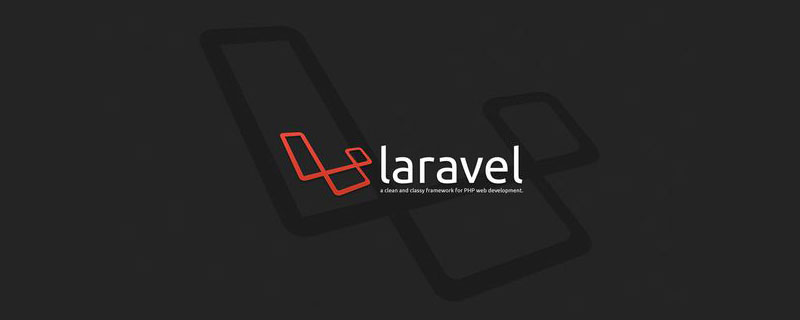 laravel中间件基础详解May 18, 2022 am 11:46 AM
laravel中间件基础详解May 18, 2022 am 11:46 AM本篇文章给大家带来了关于laravel的相关知识,其中主要介绍了关于中间件的相关问题,包括了什么是中间件、自定义中间件等等,中间件为过滤进入应用的 HTTP 请求提供了一套便利的机制,下面一起来看一下,希望对大家有帮助。
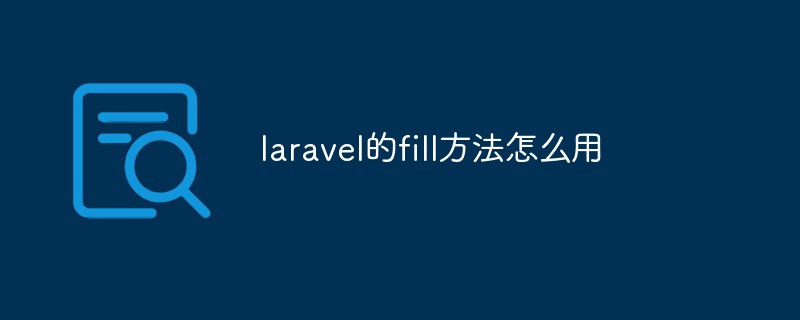 laravel的fill方法怎么用Jun 06, 2022 pm 03:33 PM
laravel的fill方法怎么用Jun 06, 2022 pm 03:33 PM在laravel中,fill方法是一个给Eloquent实例赋值属性的方法,该方法可以理解为用于过滤前端传输过来的与模型中对应的多余字段;当调用该方法时,会先去检测当前Model的状态,根据fillable数组的设置,Model会处于不同的状态。
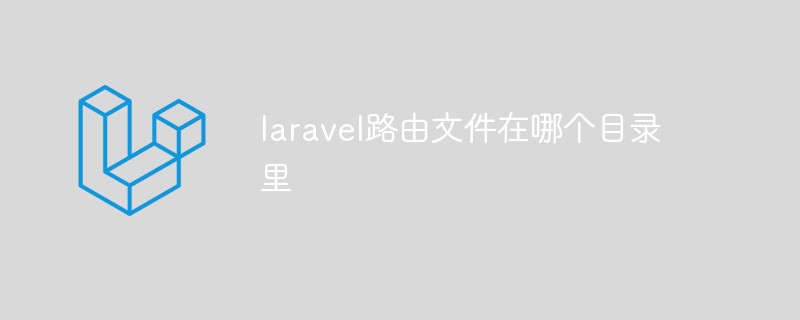 laravel路由文件在哪个目录里Apr 28, 2022 pm 01:07 PM
laravel路由文件在哪个目录里Apr 28, 2022 pm 01:07 PMlaravel路由文件在“routes”目录里。Laravel中所有的路由文件定义在routes目录下,它里面的内容会自动被框架加载;该目录下默认有四个路由文件用于给不同的入口使用:web.php、api.php、console.php等。


Hot AI Tools

Undresser.AI Undress
AI-powered app for creating realistic nude photos

AI Clothes Remover
Online AI tool for removing clothes from photos.

Undress AI Tool
Undress images for free

Clothoff.io
AI clothes remover

AI Hentai Generator
Generate AI Hentai for free.

Hot Article

Hot Tools

Notepad++7.3.1
Easy-to-use and free code editor

Atom editor mac version download
The most popular open source editor

Dreamweaver Mac version
Visual web development tools

Dreamweaver CS6
Visual web development tools

DVWA
Damn Vulnerable Web App (DVWA) is a PHP/MySQL web application that is very vulnerable. Its main goals are to be an aid for security professionals to test their skills and tools in a legal environment, to help web developers better understand the process of securing web applications, and to help teachers/students teach/learn in a classroom environment Web application security. The goal of DVWA is to practice some of the most common web vulnerabilities through a simple and straightforward interface, with varying degrees of difficulty. Please note that this software







